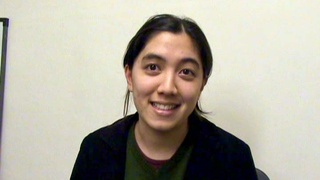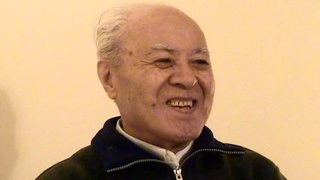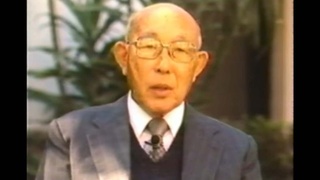Interviews
Playing baseball along with American Nisei and Kibei
And then the other thing is when we went to Seabrook, we made our own team as the Peruvians. Oh, and then we, we got some of the, couple of the Kibeis, too, who were from (Crystal City), got on our team, and then we started playing against the other Nisei teams. And then this Dick Kunishima, which was the coach for the Seabrook, Seabrook team, that were playing against the hakujins (Caucasians). And so, after, after the Seabrook league, we were playing there and then Dick came to me and he says, Hey, how about playing for Seabrook? So, so he wanted one of the Kibeis and myself to be on the Seabrook team. And so then we were, we were, on the Seabrook team we play against the, in the city league and the industrial league against hakujins. And so then I mingled with the other Niseis and that's how, all the more, forced me to speak English.
Date: October 26, 2003
Location: Washington, US
Interviewer: Alice Ito
Contributed by: Denshō: The Japanese American Legacy Project.










